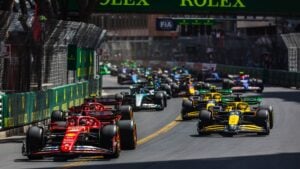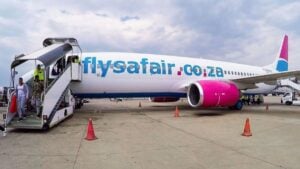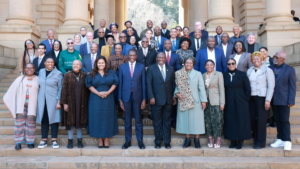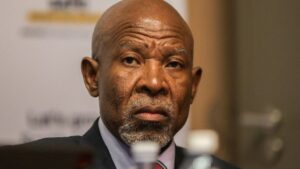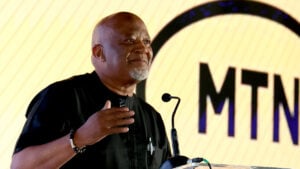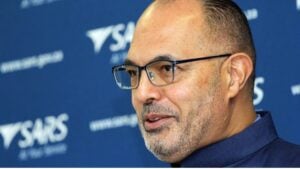The US could force major car brand to close its factory in South Africa
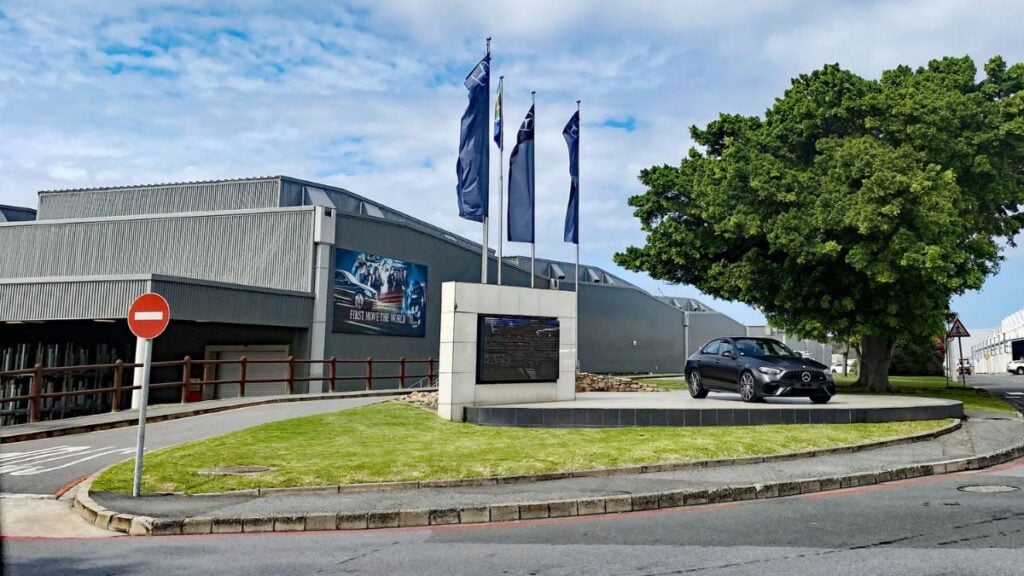
South African industries that rely on exports face serious challenges due to the impending US tariffs, and Mercedes-Benz is reportedly concerned about the future of its production plant in East London.
This is according to acting Eastern Cape Premier Mlungusi Mvoko, who expressed grave concerns about Mercedes Benz South Africa’s (MBSA) potential departure.
The United States’ has remained firm on its decision to impose a 30% tariff on certain South African exports, effective from 1 August 2025.
This follows an earlier 25% tariff implemented in April, in addition to the existing 10% universal tariff.
Combined, these have created a punishing environment for South African manufacturers who rely on access to the US market.
South Africa’s automotive sector, in particular, has taken a significant hit. According to the National Association of Automobile Manufacturers of South Africa (Naamsa), vehicle exports to the US have collapsed by 82% in the first half of 2025.
Naamsa revealed that local companies shipped just 2,875 vehicles to the US between January and June, down from 16,112 over the same period in 2024. Nearly all of these vehicles were C-Class cars produced by MBSA in East London.
Naamsa data further showed a 75% year-on-year drop in exports for the first quarter and an 87% decline for the second.
Between April and June, just 1,172 vehicles were exported to the US, compared to 9,272 during the same months last year.
This decline has raised fears that MBSA may not be able to maintain its operations in South Africa if the situation persists.
Acting Eastern Cape Premier Mlungisi Mvoko was quoted voicing his concerns about the potential departure of the German carmaker.
“You cannot imagine East London without Mercedes-Benz, MBSA exports almost 90% of their cars to the US. In our interaction with them, they said that given these tariffs, it would be difficult.” Mvoko said.
He explained that the company had indicated it might need to rethink its operations in South Africa, adding that “we asked them to look at other markets because the US is not guaranteed and is proving to be a difficult one.”
Jobs and other sectors at risk
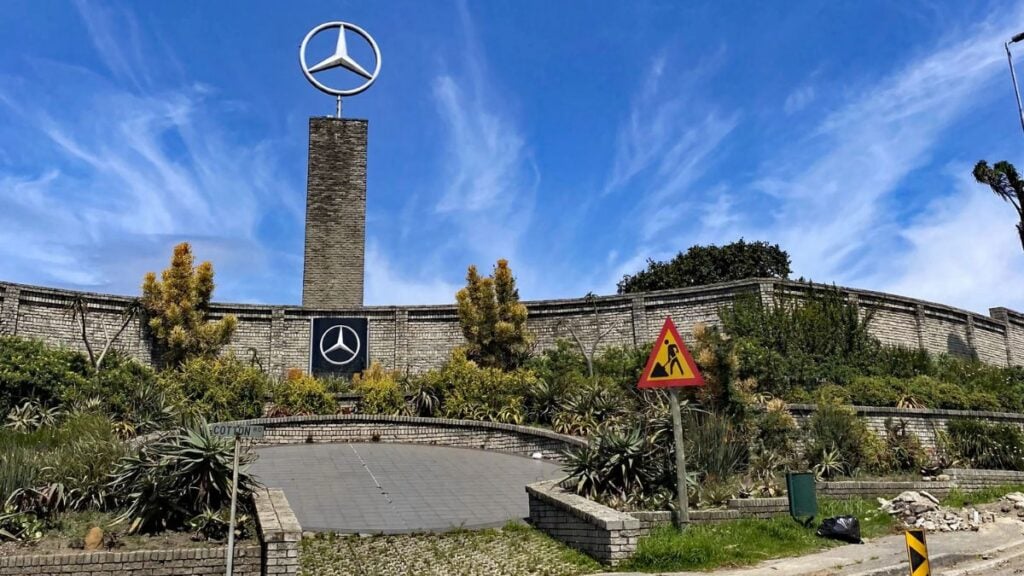
The East London plant is central to the province’s economy and South Africa’s broader export strategy.
The plant supports thousands of direct and indirect jobs and contributes significantly to the country’s trade balance.
Mvoko noted that a delegation had recently travelled to Stuttgart in an attempt to salvage the relationship and persuade the parent company to stay.
The African United Business Confederation (AUBC) echoed the province’s concerns, warning that the effects of the tariffs extend far beyond just one company.
AUBC president George Sebulela said the automotive industry is one of South Africa’s largest employers and export contributors, and that its vulnerability to tariff shocks could have a domino effect.
“South Africa is a significant automotive exporter. These companies will now face higher costs, which could lead to reduced production, job losses, and a decline in foreign investment,” Sebulela said.
He noted that BMW, Volkswagen, and Mercedes-Benz all have major manufacturing operations in the country and rely heavily on export markets like the US.
Sebulela also pointed to the broader economic risk. “South Africa exports a large volume of products to the US, including citrus, wine, macadamia nuts, platinum, manganese, and machinery.”
“All of these are now at risk. The result will be a huge loss of revenue and jobs across various industries,” he stressed.
The tariffs are not only placing immediate strain on exporters but also undermining investor confidence.
“South Africa is competing with the EU, China, and other African countries,” Sebulela said. “Investors may begin to focus on regions where they are more assured of returns.”
According to Business Leadership South Africa CEO Busi Mavuso, the delayed start to the 30% tariffs has provided a small window for negotiation, but companies are already planning for the worst.
The concern is that by the time talks yield results, the damage to critical sectors like automotive and agriculture may already be irreversible.
BusinessTech asked Mercedes-Benz South Africa for a response to Mvoko’s reported comments, but did not receive a reply by the time of publication.
